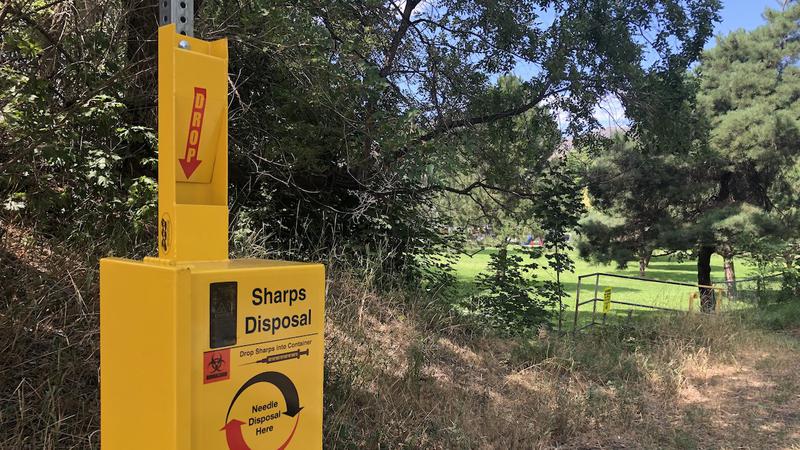
ROTHENBURGER: Banning drug use in parks is a great idea, but it will probably fail
— WOULDN’T IT BE NICE if we could go for a walk in Riverside Park, or relax in Pioneer Park, without having to put up with people doing drugs?
Under the new decriminalization law adopted by the provincial government, small amounts of addictive illicit drugs can now legally be possessed and used, even in most public places. That, apparently, includes parks.
So, a drug user could sit on a bench or under a tree in the park and consume illicit substances including heroine, fentanyl, crack and powder cocaine, ecstasy or meth and not get busted as long as they have 2.5 grams or less in their possession.
Some communities are trying to do something about that. The District of Sicamous was the first, and is quickly being followed by others, possibly including Kamloops. Last week, Sicamous unanimously approved bylaw changes that ban the use of illicit drugs in its parks.


